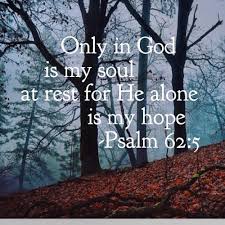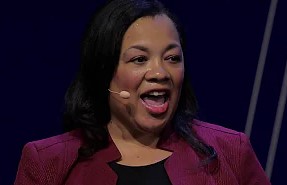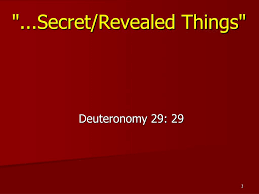The Divine through Time
In “God’s Divine Time in History”, we introduced the understanding that God has ordered and designed the environment in which we operate. This includes past, present, and future. All three eventually become “history”.
History is actually “His divine story”—the divine fulfillment of God’s plan in the world. What is that plan and how does it manifest itself in our life is the purpose in this short series entitled, “His Story: The Divine through Time”.
Why now?
It is important to continually reinforce our knowledge of who God is. Knowing God is foundational in securing our trust and our confidence (Psalms 27:1-3). This is especially true during difficult times when fear and doubt challenge our faith. When that happens, we can stand firmly on what we know about God and those things which He has revealed to us.
Those things God reveals can answer persistent questions concerning not only our life but the lives of those around us, including our nation. How we respond to things revealed become the entry point for God to provide His power, His provision, and His presence.
For such a time as this.
This study is important “for such a time as this” (Esther 4:14) as we face challenges that seem impossible. These challenges over time affect our mental health.[1]
In a nation grappling with polarization and uncertainty, the emotional undercurrents of daily life are becoming harder to ignore. The American Psychological Association’s latest Stress in America™ survey revealed that societal division is a significant stressor for many U.S. adults, suggesting loneliness and emotional disconnection have become a defining feature of life in America. In the survey — conducted online by The Harris Poll on behalf of APA among more than 3,000 U.S. adults ages 18 and older — 62% reported societal division as a significant source of stress in their lives.
Through better understanding God’s purpose and plan for the world and our individual lives, we can reduce the fear and anxiety created by living in 21st century reality.
It begins with understanding God’s Sovereignty
It is important to understand God’s sovereignty as we begin our study of God’s story through time. By embracing the fact that God is sovereign and the supreme authority over everything in heaven and on earth (Daniel 4:35; Isaiah 46:10), we can better navigate our challenges.
In his book, The Sovereignty of God, A.W. Tozer, pastor, author, and spiritual mentor, cries out for renewed understanding of God’s sovereignty.
Present day conditions call loudly for a new examination and new presentation of God’s omnipotence, God’s sufficiency, God’s sovereignty. From every pulpit in the land it needs to be thundered forth that God still lives, that God still observes, that God still reigns. Faith is now in the crucible; it is being tested by fire, and there is no fixed and sufficient resting-place for the heart and mind but in the throne of God. What is needed now, as never before, is a full, positive, constructive setting forth of the Godhead of God.
Because of God’s sovereignty we can begin to access God’s power and presence. This helps to strengthen our faith and build the personal resilience we need to persevere. The uncertainties and insecurities we experience today can now be transferred to God who is the only one who can do something about them (2 Corinthians 12:9).
[1] Mental health is the component of behavioral health that includes our emotional, psychological, and social well-being. Mental health is a state of well-being that enables us to cope with the stresses of life, realize our abilities, learn well and work well, and contribute to our community.











